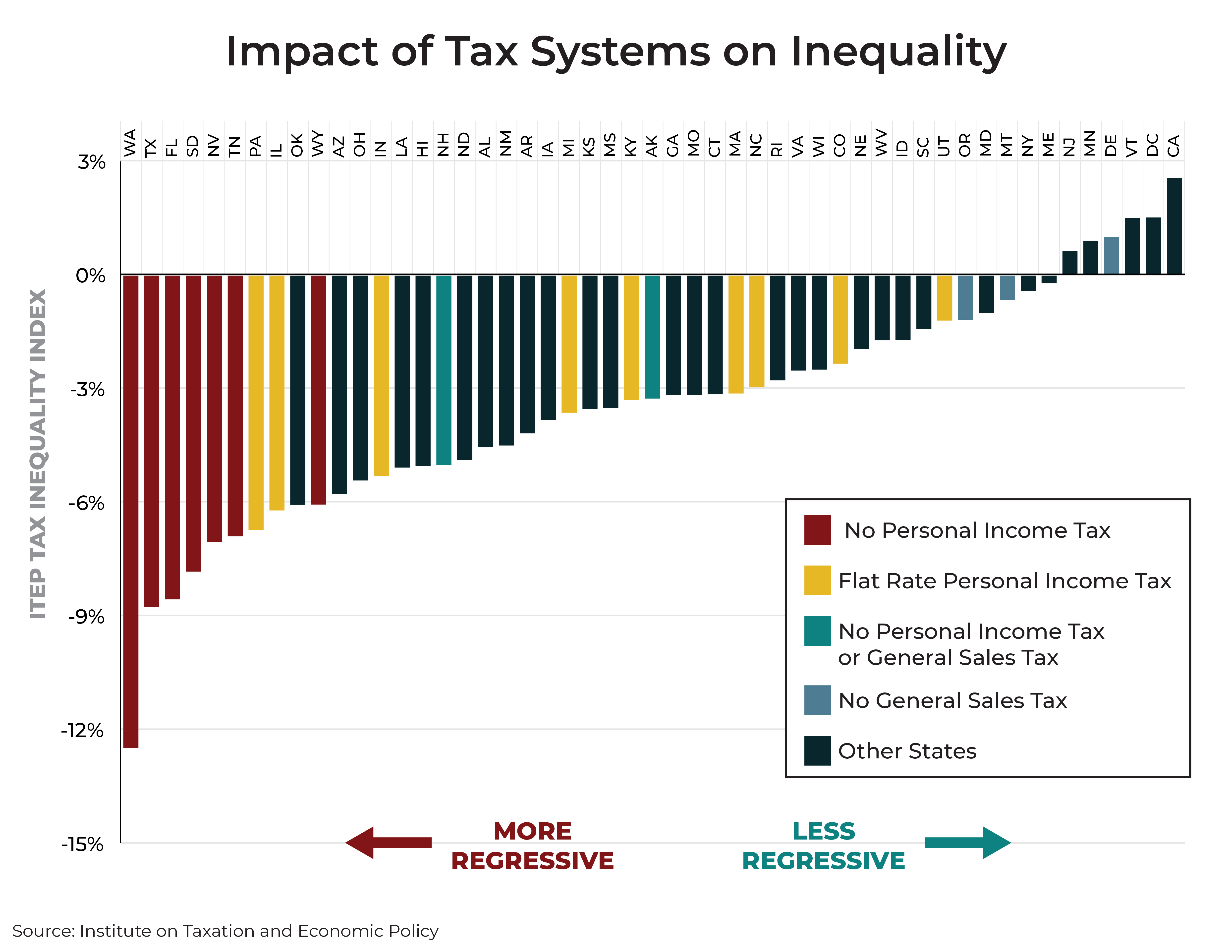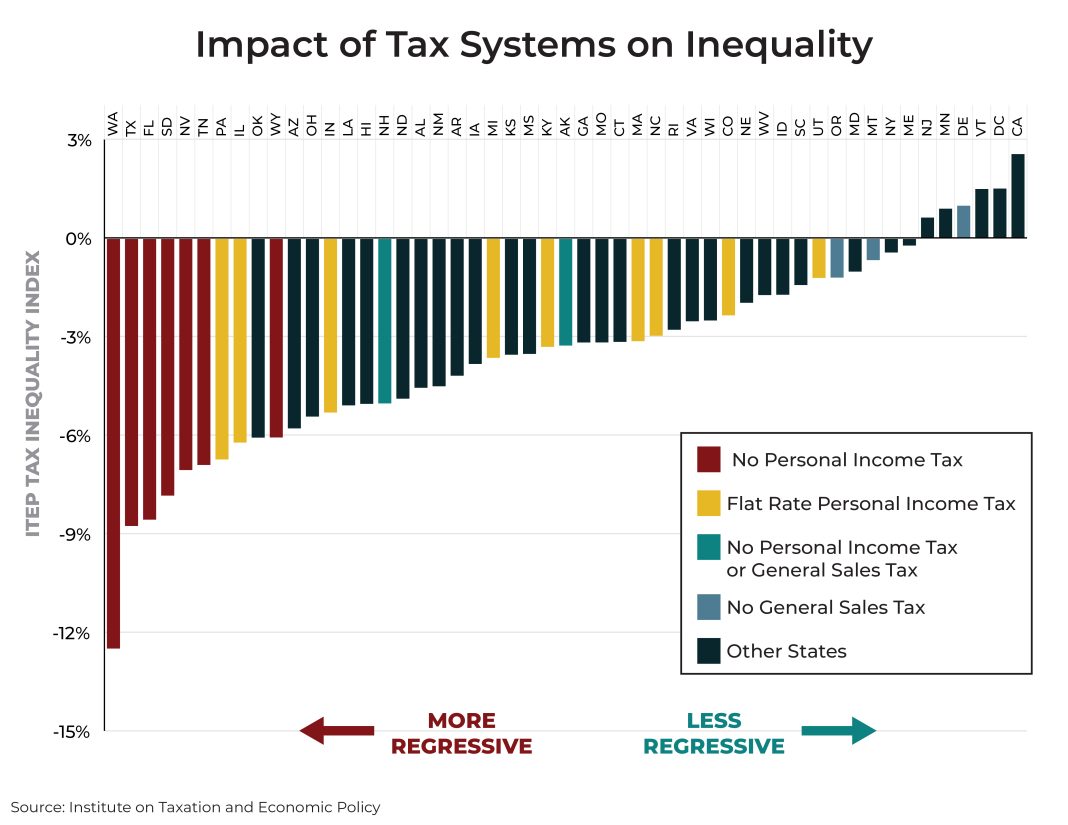
Tax Reform: Proposed Rules on Corporate Alternative Minimum Tax Aim to Increase Fairness and Revenue
The Treasury Department and IRS officials have released new draft rules that could lead to higher taxes on profits generated by around 100 of the largest corporations in the country. The Corporate Alternative Minimum Tax (CAMT), signed into law as part of the Inflation Reduction Act, would require these companies to pay at least 15 percent of adjusted financial statement income (AFSI) for taxable years beginning after December 31, 2022.
The main objective of the CAMT is to increase tax fairness and ensure that the largest corporations and wealthiest individuals pay their fair share. Without the CAMT, these corporations would have paid an average effective federal tax rate of only 2.6 percent. In fact, 60 percent of CAMT payers would have paid a rate of 1 percent or less, and a quarter would have had an effective tax rate of zero.
The CAMT was designed to prevent large corporations from taking advantage of deductions, exceptions, and loopholes to avoid paying taxes on their profits. By implementing this tax, officials aim to level the playing field for small businesses and ensure that corporations are not paying lower tax rates than firefighters, nurses, police officers, and teachers.
According to government estimates, the CAMT is projected to generate more than $250 billion in revenue over the next 10 years, including $20 billion in 2025. Treasury Secretary Janet Yellen stated that these proposed rules are an important step toward addressing corporate tax avoidance and generating much-needed revenue. She believes that the CAMT will help level the playing field for small businesses while generating hundreds of billions of dollars.
The proposed rule is now open for comment until December 12, and a public hearing on the proposal will be scheduled for January 16, 2025. The Treasury and IRS will carefully consider all comments received and make appropriate changes based on the feedback.
It is worth noting that the CAMT was repealed by the 2017 Tax Cut and Jobs Act but has been restored under different rules by the Inflation Reduction Act of 2022.
The call for the implementation of CAMT has gained momentum in recent months, with Democrat lawmakers urging the administration to finalize the rules quickly to ensure that large corporations start paying their fair share. They cited a report from the Institute of Taxation and Economic Policy, which revealed that 55 large corporations registered $670 billion in profits but paid less than 5 percent in taxes in the five years following President Donald Trump’s reduction of the corporate tax rate.
However, there are differing opinions on the effectiveness and impact of a corporate alternative minimum tax. The Tax Foundation policy analysts argue that it burdens industries that rely on physical capital investment, such as manufacturing, mining, transportation, and warehousing. They claim that it can be an ineffective revenue raiser and disproportionately penalize certain industries.
On the other hand, proponents of the CAMT, such as David Kass, the executive director at Americans for Tax Fairness, argue that it is a vital policy to ensure that corporations pay their fair share. He believes that large corporations have been using loopholes to avoid taxes, giving them unfair advantages over small businesses and shifting the burden onto other taxpayers.
Corporate tax policy has become a significant topic in the 2024 presidential race. Democratic presidential nominee Vice President Kamala Harris has proposed raising the corporate income tax rate from 21 percent to 28 percent and quadrupling the stock buyback tax in a potential Harris-Walz administration. In contrast, former President Donald Trump has expressed interest in lowering the corporate tax rate to 15 percent for companies that manufacture their products in America.
In conclusion, the proposed rules on the Corporate Alternative Minimum Tax aim to increase tax fairness and generate additional revenue from large corporations. While there are differing opinions on the effectiveness of such a tax, proponents argue that it is necessary to ensure that corporations pay their fair share and create a more equitable tax system. The finalization of these rules will be a crucial step in addressing corporate tax avoidance and leveling the playing field for small businesses.


